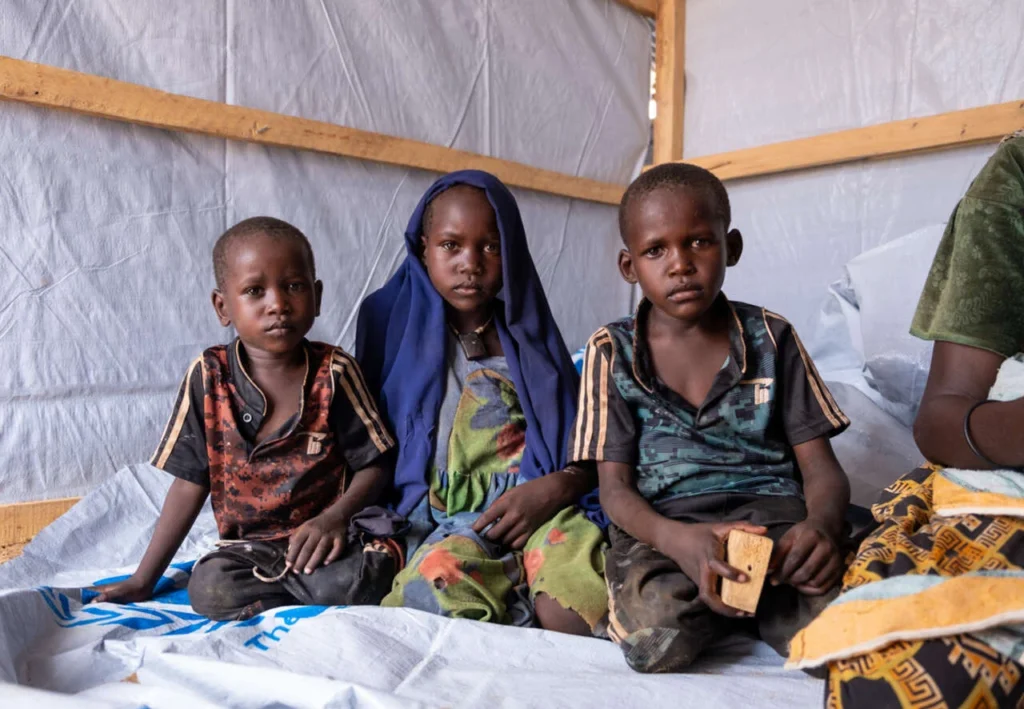The Office for the Coordination of Humanitarian Affairs (OCHA) has stated that children account for half of the 30 million people in need of humanitarian assistance in Sudan and half of the 12 million individuals displaced by the conflict since April 2023.
Stéphane Dujarric, the spokesman for UN Secretary-General António Guterres, who was briefing the media on Wednesday, said OCHA warns that Sudan’s children are in urgent need of protection services. But due to severe funding shortfalls, less than 18 percent have received that critical support so far this year.
“UN partners working on child protection warn that their work is just 3 percent funded, with an estimated USD 88 million gap from what is needed,” he said. “Children who are separated from family or unaccompanied face heightened risks of abuse, exploitation, and trauma.”
Dujarric added that diseases are also taking a heavy toll on children.
“Since cholera broke out in the country last July, the Federal Ministry of Health has reported more than 80,000 suspected cases and over 2,000 deaths. This includes almost 7,300 cases and more than 230 deaths affecting children under 5 alone,” he stated. “On the cholera outbreak more broadly, just in the past month, approximately 15,000 suspected cases were recorded in Khartoum State, although recently we have seen a decline in new reports. However, partners warn that underreporting may be masking the true scale of the outbreak.”
“Cases have also been confirmed in South Darfur, River Nile, and other states, and partners working on health and water, sanitation, and hygiene continue to support the response, which is led by the Sudanese health authorities,” Dujarric added.
He reported that a 10-day oral cholera vaccination campaign, supported by the World Health Organization (WHO) and the UN Children’s Fund (UNICEF), was launched in Khartoum State on June 10 to reach 2.6 million people aged one year and older.
“Sudan is also coping with a measles outbreak – and since the start of this year, more than 2,200 suspected cases, including five deaths, have been reported in the country, with more than 60 per cent of cases impacting children under five,” he said. “UN partners working on health are responding, but as with the ongoing cholera response, their efforts are hampered by gaps in data on disease cases, as well as severe shortages of vaccines, supplies, and trained personnel.”
“Once again, the UN calls for unhindered humanitarian access so that we and our partners can scale up support for children and other civilians in desperate need, as well as an immediate cessation of hostilities – in Sudan and all other conflict-impacted regions,” Dujarric concluded.




